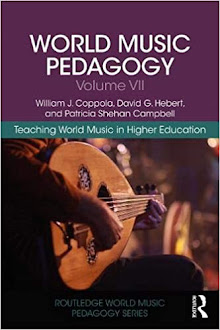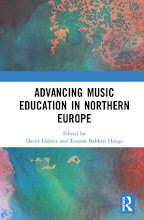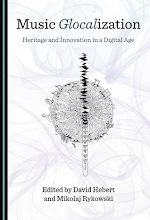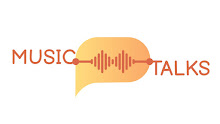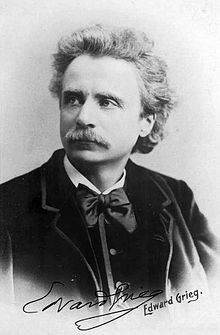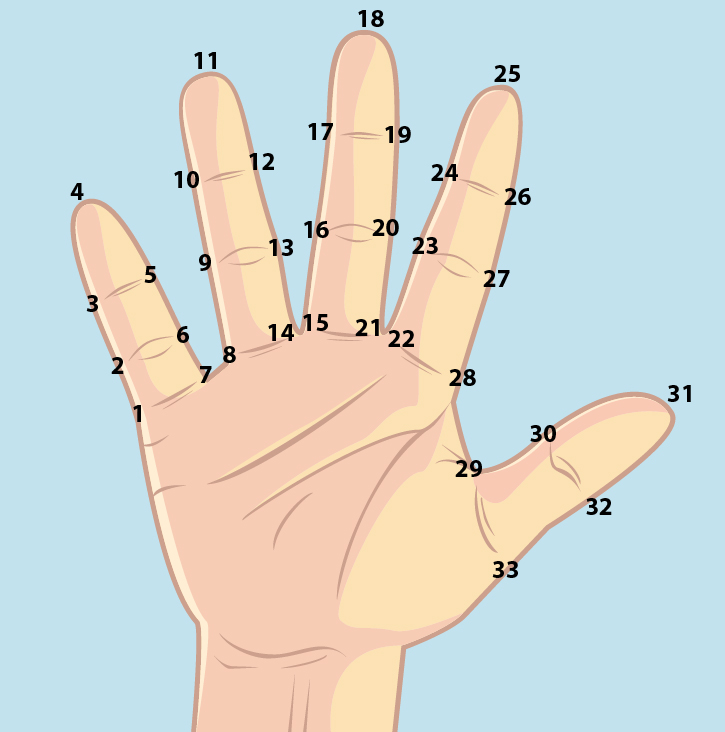November is such a busy month for music-related conferences! Here are links to information regarding my participation in conferences either recently attended or that I plan to attend soon:
-- Commentator, Panelist and Session Chair, Nordic Network for Music Education seminar: “Challenges and possibilities of plurality and change in music education,” Ørebro University, [Sweden] (November 7-11, 2011).
-- Chair, Historical SIG meeting, Annual conference of the Society for Ethnomusicology (SEM), Philadelphia [USA] (Nov. 17-20, 2011).
-- Senior Researcher presentation, "Patriotic Sound and Sentiment: Defining Nations through Music Performance in Schools" for Grieg Research School international seminar: Performing Sound and Sentiment, Self and Society, Bergen [Norway] (Nov. 28-Dec. 2, 2011). Link to presentation abstracts: http://www.uib.no/filearchive/book-of-abstracts-performing-sound-and-sentiment-self-and-society_1.pdf








